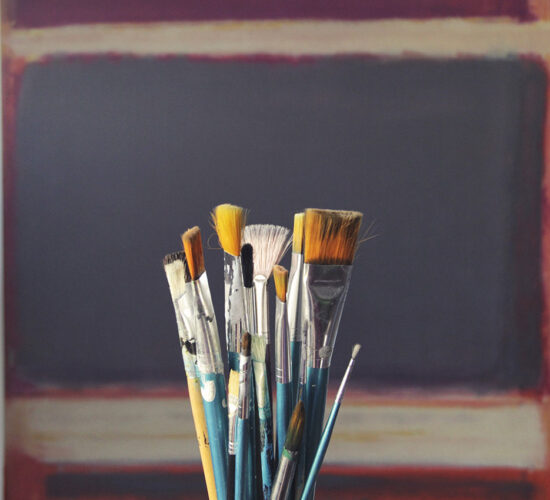
If you require any further information about the curriculum we are following in this subject, please contact the Head of Department.
Key Stage 3 Art focuses on skills in drawing, painting, printing, ceramics and 3D sculpture/modelling.
Students learn to keep a sketchbook where they research artists, experiment and develop ideas. The topics studied in KS3 have been designed to include knowledge, skills and understanding. Students develop their ability to use and understand visual language and create imaginative responses to artists’ work. Students are introduced to the formal elements of Art and are taught how to build towards a final outcome. Students work to a wide range of themes throughout the course of KS3.